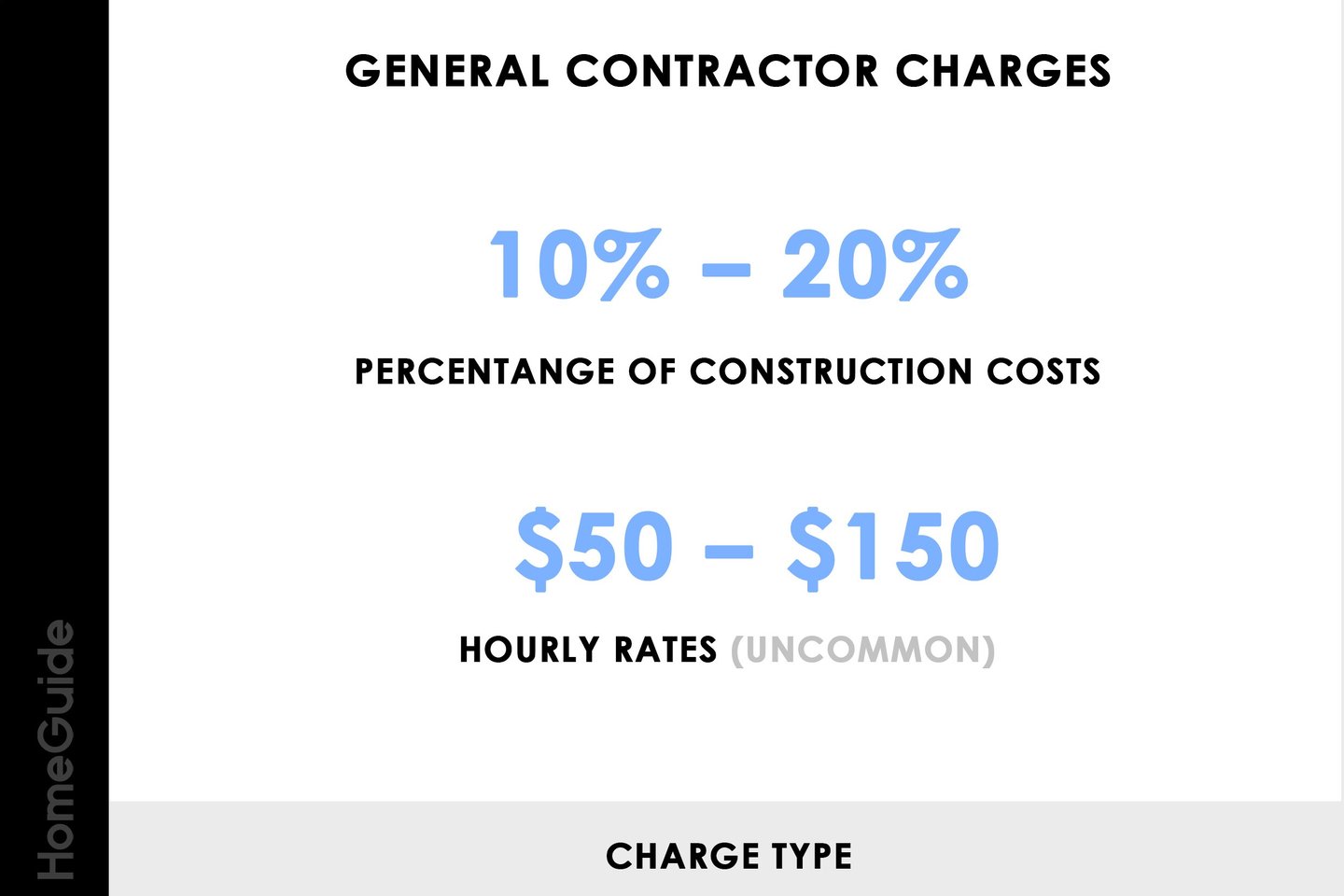How do general contractors get paid
Here you can learn more about how do general contractors get paid
4/11/20252 min read
Of all the questions homeowners ask when they're preparing to do a construction or remodeling job, one of the most common ones is: how do general contractors get paid? Whether we're talking about a custom home, home addition, or kitchen remodel, understanding how your contractor gets paid can help to prepare your budget, avoid confusion, and protect your investment.
We'll demystify the most popular payment terms used by general contractors and what you can expect as a homeowner in this article.
Want to know more about pricing? Have a read of our in-depth guide to How Much Do General Contractors Charge?
Percentage of Total Project Cost
The majority of general contractors charge a percentage of the project's total cost, typically 10% to 20%. This pays for the contractor's time, coordination of subs, and overhead.
How it works:
You are quoted the whole project (i.e., $80,000).
The contractor fee is built into that price (e.g., 15% = $12,000).
Payment is often split into installments based on project milestones.
This is characteristic of full-service construction jobs, where the contractor does everything from permits to the final inspection.
Cost-Plus Contracts
With a cost-plus contract, the homeowner pays the actual cost of labor, materials, and subcontractors—plus a percentage or fee for contractor services.
Example:
Project cost: $60,000
Contractor markup: 15%
Total cost to homeowner: $69,000
This approach gives you clarity since you'll have precise receipts and labor costs. However, total costs can be different, and hence it is suitable for flexible budgets.
Fixed-Price Contracts
Fixed-price contract (or lump-sum contract) establishes a fixed price for the project. The contractor incorporates his own costs, markups, and potential risks in this single figure.
Advantages:
Costs that are predictable
Easier for homeowners to budget
No surprises unless you request changes to the project
This method is ideal for projects with well-defined scopes and timelines.
Hourly Rates
For smaller projects or consultations, some general contractors may charge an hourly rate, which typically ranges from $50 to $150 per hour.
Hourly billing may apply if:
You’re hiring for a quick repair or inspection
You need help managing part of a DIY project
The scope of work isn’t clearly defined yet
Keep in mind: Hourly billing is rare for whole-house remodels or new construction because it can make budgeting unpredictable.
Payment Schedule and Milestones
Regardless of the pricing method, general contractors are usually paid in phases, not all at once. These payments are tied to project milestones like:
Signing the contract (down payment)
Demolition completion
Framing and rough-in work
Final inspection and project completion
This phased payment plan is to the advantage of both the owner of the house and the contractor since it guarantees that the work has commenced before additional funds are disbursed.
What to Look for in a Contractor's Payment Terms
Before you sign an agreement, make sure you understand:
How and when payments are made
Whether payments are on a time or progress basis
How change orders and additional work are handled
Whether deposits are refundable
Always request a written, itemized estimate and question any fees or charges you're unfamiliar with.
Final Thoughts
General contractors get paid in lots of different ways—percentage-based pricing, flat fees, cost-plus contracts, and hourly. Being aware of how your contractor structures their fees will be reassuring and help you to be more effective with your project.




Ventura And Sons General Contracting
53 Coburn St, Lynn, MA 01902, United States
+1 (857) 207-9368
Monday: 08:00 - 17:00
Tuesday: 08:00 - 17:00
Wednesday: 08:00 - 17:00
Thursday: 08:00 - 17:00
Friday: 08:00 - 17:00
Saturday: 08:00 - 13:00
Sunday: closed
